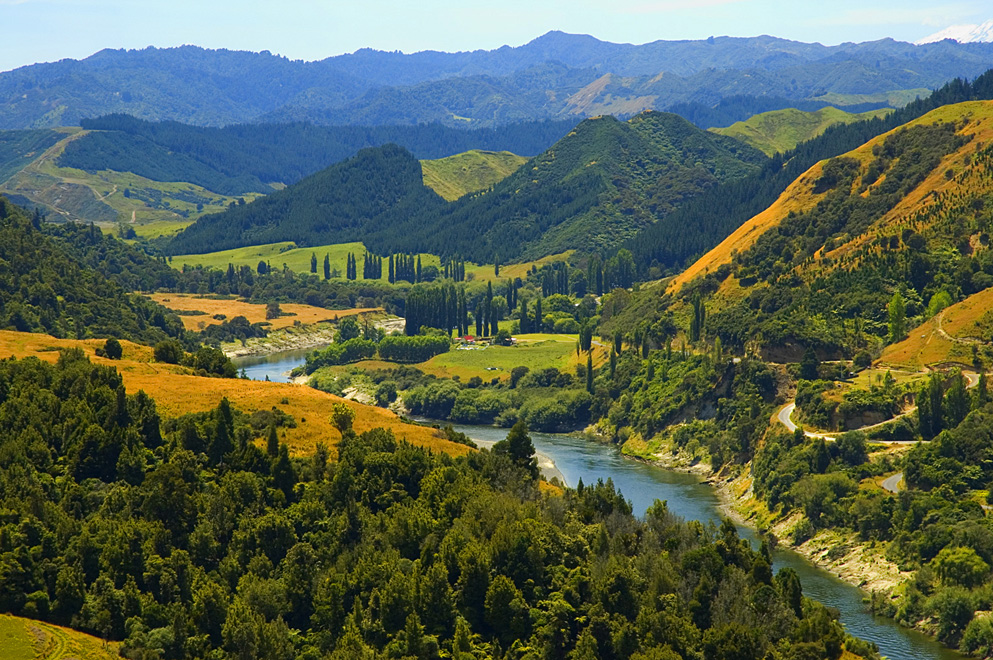Shall Mother Earth be entitled of legal rights and be considered as a human being?
According to the traditional environmental regulatory system the natural ecosystem is defined as a property. This did not help to prevent the massive exploitation and damages that are leading us into a catastrophic state never experienced before.
A new approach is possible. The first to advocate rights for the nature has been Christopher Stone in his book “Should trees have standing?” . Extending civil rights to nature would make them at 360 degree equal to humans; it would be recognized the nature’s right to exist, to last, to sustain itself and regenerate its vital cycles.
The first country to take an effective action has been Ecuador that during a process of constitutional revision implemented in 2008 the Rights of Nature. There are three articles, n.10 n.70 and n.71, in the Ecuadorian constitution that recognize the inalienable rights of Pacha Mama (Mother Earth in quechua) to exist and flourish and requires the government to remedy violations of these rights. Who will make these rights standing before the law? All persons, communities, peoples and nations can call upon public authorities to enforce the rights of nature. (Art. 71)
After the Ecuadorian experience others follow. For example in 2012 the Whanganui River, New Zealand’s third largest, received a legal voice. This was possible thanks to a lawsuit that the indigenous people, the Iwi, won after one of the longest legal process in the country. Now two protectors, one is from the indigenous population, will protect the river’s interests and rights.

Just a year earlier Bolivia passed the Law of Mother Earth that calls the national’s mine sites as “blessing”. The main aim of this reform, that had the support of both political world and the social groups, is to reduce pollution and control industry. Similar to the rights in the Ecuadorian constitution, Bolivian legal system recognizes 11 rights, like the right to life and to exist; the right to continue vital cycles and processes free from human alteration; the right to pure water and clean air; the right to balance; the right not to be polluted; and the right to not have cellular structure modified or genetically altered.
And at what point are we in Europe?
Surely European Environmental Law has moved gigantic steps since its beginning in 1972, however is still far away from effectively prevent damages to the environment. The actual legal system it help to manage environmental issuesa and give some kind of freedom to the Members to activate national legal requirement in environmental subject. However this is not enough.
Luckly a voice is out there: the movement of Rights of Nature Europe, that is gaining attention and power day by day.
The citizen’s initiative “proposes a whole system framework of law that recognizes the reality of our existence: we are nature-part of the interdependent web of life., When nature thrive, we thrive”. Their goal is to make nature as a rights-bearing subject of the law equal to humans and corporations. (For more info visit www.rightsofnature.eu)
It is time to recognize that the environment is not merely an object at human dispose. The only effective way to do that is to level up the nature to us when standing in court. Rights of nature are legal requirement that will balance what is good for the ecosystem and what is good for all the other species.



